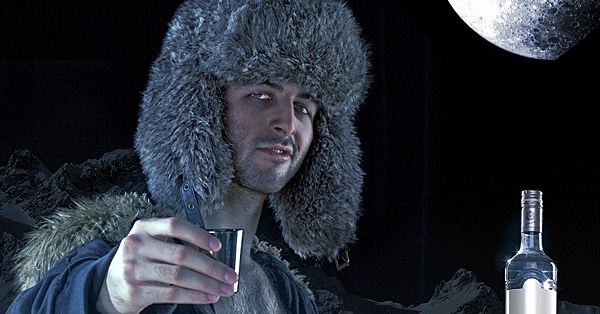The topic of Russian interference in the 2016 election has crept back into the main news cycle again because of all the recent talk of an FBI “informant” operating within the Trump campaign. We’ll address the “informant” theory in a future post as that story develops. In this post, we take a fresh look through the lens of time at the assertion of Russian influence in the 2016 election. A year and a half has now passed since this allegation was first introduced publicly, to great alarm and much hysteria. We find it fascinating just how much the language used and direction taken on that original premise has changed in 18 months. It appears that some long-overdue rational thinking and perspective on this subject has finally begun to set in with the public and at least some of the major news media outlets.
The first clue to the emergence of a more reasoned viewpoint is in the language now being used. When the theory of Russian involvement in the 2016 election first surfaced, “hacked” was the operative adjective, denoting an aggressive attack on our election system. Once the initial hysteria died down, and no evidence of actual ballot hacking was discovered, the word “meddled” became dominant. It was a softer, more general term, but ambiguous enough to still possibly include hacking. It is also a psychologically less powerful term – your nosy aunt meddles, not Vladimir Putin. Now, “meddling” has been replaced with “influence”, an even more generic term that defangs the alleged offense quite a bit and distances the act much further from the original “hacking” claim. In fact, the word “influence” is so disarming that it is equivalent in this context to actions taken by the US Government to influence foreign elections in Israel, Afghanistan, Serbia, and yes, Russia. Of course, when the US attempts to “influence” foreign elections it is seen to be doing so without dark and evil motives, as opposed to when Russia does it. Could it be there was really nothing atypical occurring with these activities in the first place, and that attempting to use “influence” is just business-as-usual among major governments every time there is an important election? This would fit with our personal belief that the most mundane and boring explanation is often the most probable.
If Russia’s (or any other country’s) attempt to “influence” is just part of the usual campaign background noise of every election cycle, can it make any appreciable difference in how voters choose their candidates these days? With domestic campaign advertising so aggressively infused into social media, and campaign spending from domestic sources reaching up to a billion dollars, it’s unlikely anyone would notice, let alone be swayed by, foreign persuasions in the heat of a US Presidential campaign. As even well-heeled third-party candidates are aware, it’s nearly impossible to compete successfully for attention at this level.
We do not count as “foreign influence” events like the hacking of John Podesta’s¹ email account during the 2016 campaign, even if the supposed hackers were foreign. In that case, the damaging information revealed was factual (copies of Podesta’s actual emails) and any voters who changed their minds as a result were simply informed by more facts, not seduced by foreign propaganda. Arguing that the malfeasance uncovered in these emails should have properly been kept secret from the voters stretches credulity.
Even if certain voters could be influenced by actual foreign propaganda, it would be impossible to control that influence so precisely that it could defeat the complexity of the electoral college system. The best that could be hoped for is an effect on the overall popular vote, which is meaningless to the outcome of US presidential elections. In this case, as she constantly reminds us, Hillary Clinton won the popular vote. Therefore, if there was an attempt by the Russians to broadly push voters to favor Trump, it was an utter failure.
This past weekend, in her commencement address at Yale University, Hillary Clinton said to the graduating class in a veiled reference to foreign influences in her election loss “…we are living through a full-fledged crisis in our democracy…”. Nothing could possibly be further from the truth. In fact, our democracy has recently displayed only strength and vibrant health. The 2016 election was presaged by the largest switchover from liberal to conservative officeholders in local, state, and federal elections (between 2010 – 2016) in more than 80 years. Following the 2016 presidential election, the results of four federal special elections during 2017 also resulted in conservative victories, validating the continuing preference of the electorate even after the inauguration of President Trump and all the media focus on Russian hacking/meddling/influencing.
Our democracy is functioning exactly as intended. While election results will always be disappointing to the party no longer in power, educated and thoughtful politicians of all stripes know this is the way it works when voters are in charge. This time around, the voters wanted to see significant changes to the status quo of fundamental policy positions held in the previous eight years. They are getting exactly what they voted for – democracy worked.
¹ John Podesta was Hillary Clinton’s Campaign Chairman at the time.
